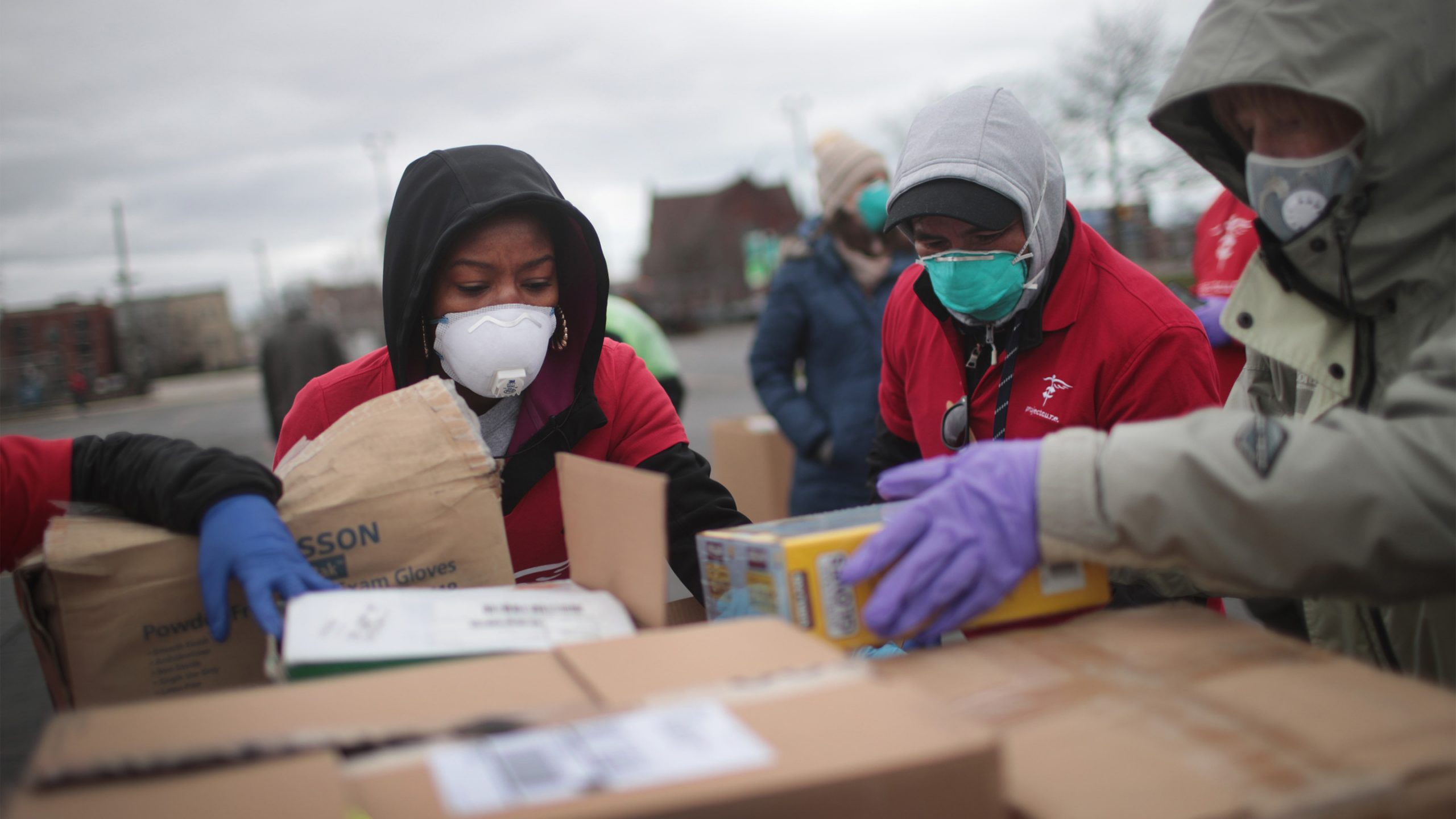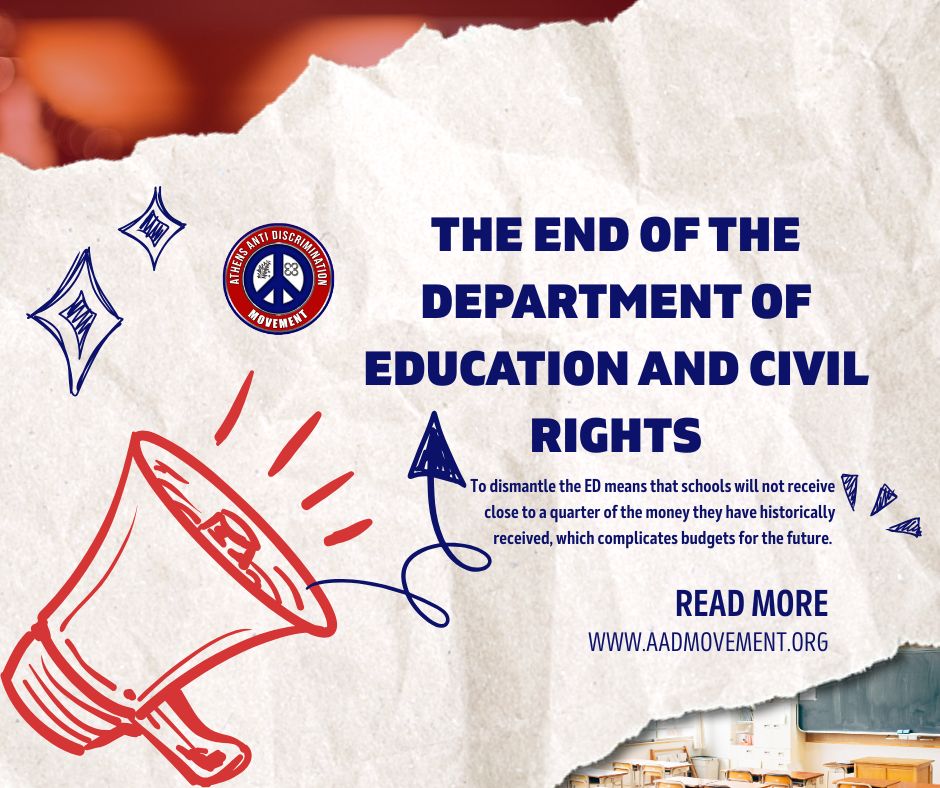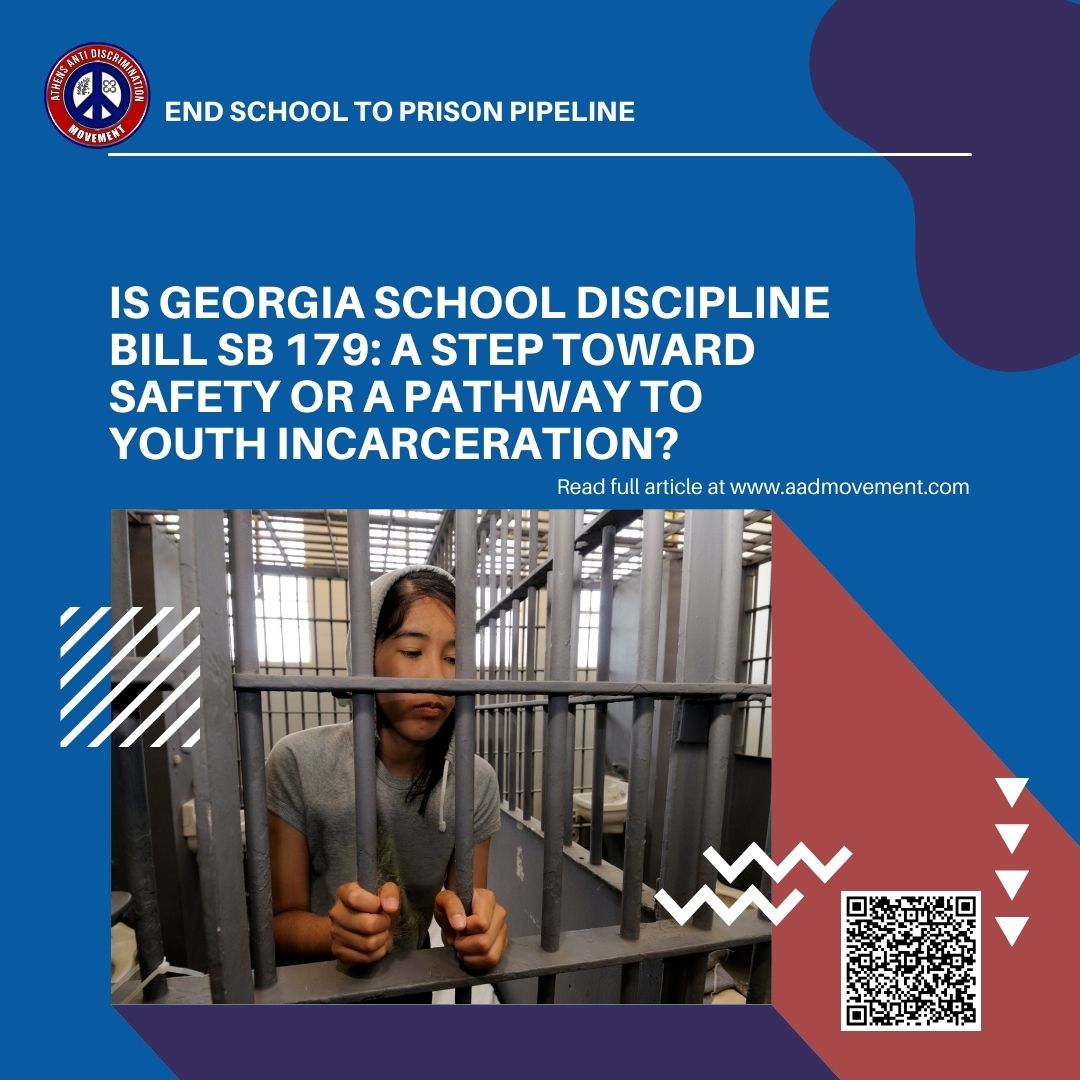Written by Raiana Kelly, AADM Contributing Writer
COVID-19 has undoubtedly had a negative impact on all communities across the globe, but emerging data suggests that a disproportionate burden of illness and death has affected racial and ethnic minority groups the most – and according to a Reuters report, black Americans are more likely to die of COVID-19 than any other group in the United States. In fact, majority black counties have three times the rate of infections and nearly six times the rate of deaths as majority white counties.
This data begs the question: why are black Americans at higher risk of infection and more vulnerable than other races? The answer lies in the health differences caused by existing economic and social conditions that are more common among racial and ethnic minorities: substandard living conditions and housing disparities, employment circumstances, and underlying health conditions and inadequate access to healthcare.
Due to institutional racism in the form of residential housing segregation, black Americans are more likely to live in densely populated areas and in multi-generational housing situations in which the risk for spreading a highly contagious disease like COVID-19 is much higher. This means that they may find it more difficult to practice prevention measures such as social distancing within the home, and find it more difficult to protect older family members and isolate those that are sick due to limited space.
Additionally, neighborhoods that are predominantly black or of other ethnic and racial minorities are more likely to be further away from grocery stores and medical facilities, making it difficult to receive care if a family member is sick, or to stock up on supplies that would allow them to stay home. And finally, black Americans are overrepresented in jails, prisons, and detention centers – facilities that have their own specific risks due to congregate living, shared food service, and more.
Data from the US Bureau of Labor Statistics, compiled by the Center for American Progress, shows that black Americans are overrepresented in the foodservice industry, hotel industry, and mass transit compared to the overall population. Black Americans also account for 30% of all licensed practical and vocational nurses. These are industries in which social distancing is more difficult and employees are at higher risk of coming into contact with individuals that may be in poor health. On average, black workers are also paid less and have less savings to rely on during an unexpected loss of income. Coupled with a lack of paid sick leave, taking necessary time off of work when ill or to care for an ill family member is often a choice between financial stability and the health of themselves and their community.
Historically, severe illness and death rates during public health emergencies tend to be higher for racial and ethnic minority groups, so it’s no surprise that COVID-19 is no different. The health disparities that existed before the arrival of COVID-19, such as poorer underlying health and barriers to healthcare, makes members of racial and ethnic minority groups especially vulnerable to infection. Black Americans have higher rates of hypertension, heart disease, diabetes, and lung disease, each of which make complications with COVID-19 more likely and worsens the challenges associated with these illnesses.
Black Americans are also twice as likely as white Americans to be uninsured, which may deter many individuals from seeking care before it’s too late due to the high cost of treatment. COVID-19 has shed light on a problem that has been ongoing for decades. Systemic racism and the subsequent economic and social conditions it has created through unequal access to healthcare, housing, wealth, education, employment, and the corruption of the criminal justice system has harmed – and killed – millions of black Americans. Until systemic racism is addressed and treated like the crisis it is, black Americans will continue to be disadvantaged and disproportionately affected by crises such as COVID-19. As a nation, we must treat systemic racism as a national emergency and shift policies so that they address the circumstances that create these disadvantages.
If you’d like to join the fight, please click HERE to sign up as a volunteer or to help support the efforts of the organization by making a donation.




